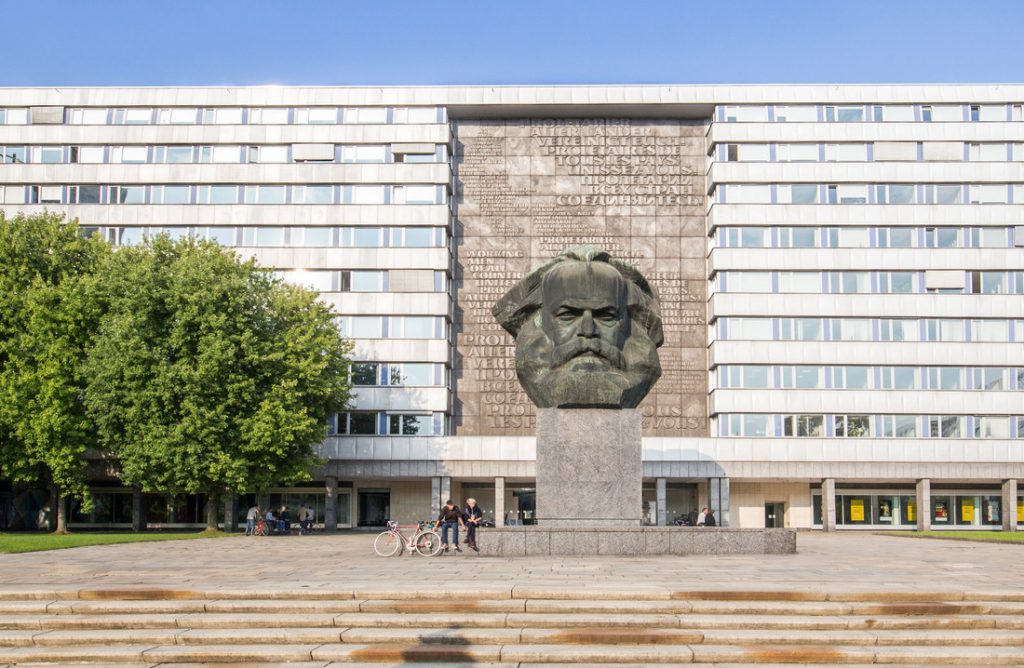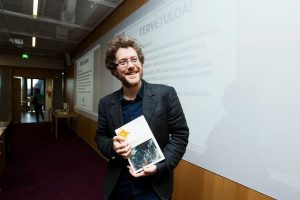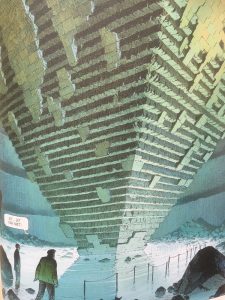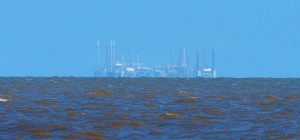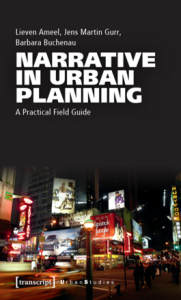Very much looking forward to give a guest lecture at TU Braunschweig today, on the topic of “Literary Urban Studies: Comparative Perspectives on Future Cities across Genres”. I will start out with an introduction to the field of literary urban studies, with the second part of my lecture a comparative approach to future cities, by way of a reading of two texts (Odds Against Tomorrow and Solaris korrigert).
One of the aims of the talk is also to give an update on my research project on cities at the water, and to present some of the key findings of the book (currently under review) that come of that project.
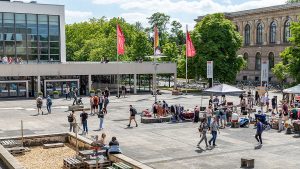
Image source: https://www.tu-braunschweig.de/
Many thanks to prof. dr. Eckart Voigts for the kind invitation to participate in his course on city literature – this is for me also a fascinating window into how courses in literary urban studies are planned and taught at other universities.
I have published (and co-authored) several articles on teaching city literature (references below) and teaching is one field in which the resources of literary urban studies scholars could be further developed through international collaboration.
Of course, I hope I to visit TU Braunschweig in person at some point in the future, and there is increasing collaboration between my home university, Tampere University, and TU Braunschweig in a variety of fields.
Sources:
“Teaching Literary Urban Studies.” In Lieven Ameel (ed.): Routledge Companion to Literary Urban Studies. London: Routledge, 2022, 11-25. With Chen Bar-Itzhak, Jason Finch, Patricia Garcia, Silja Laine, Liam Lanigan, Anni Lappela, Juho Rajaniemi, and Markku Salmela.
“Panoramic Perspectives and City Rambles: Teaching Literary Urban Studies.” In Tally, Robert Jr. (ed.): Teaching Space, Place, and Literature. London: Routledge, 2017, 89-98.



